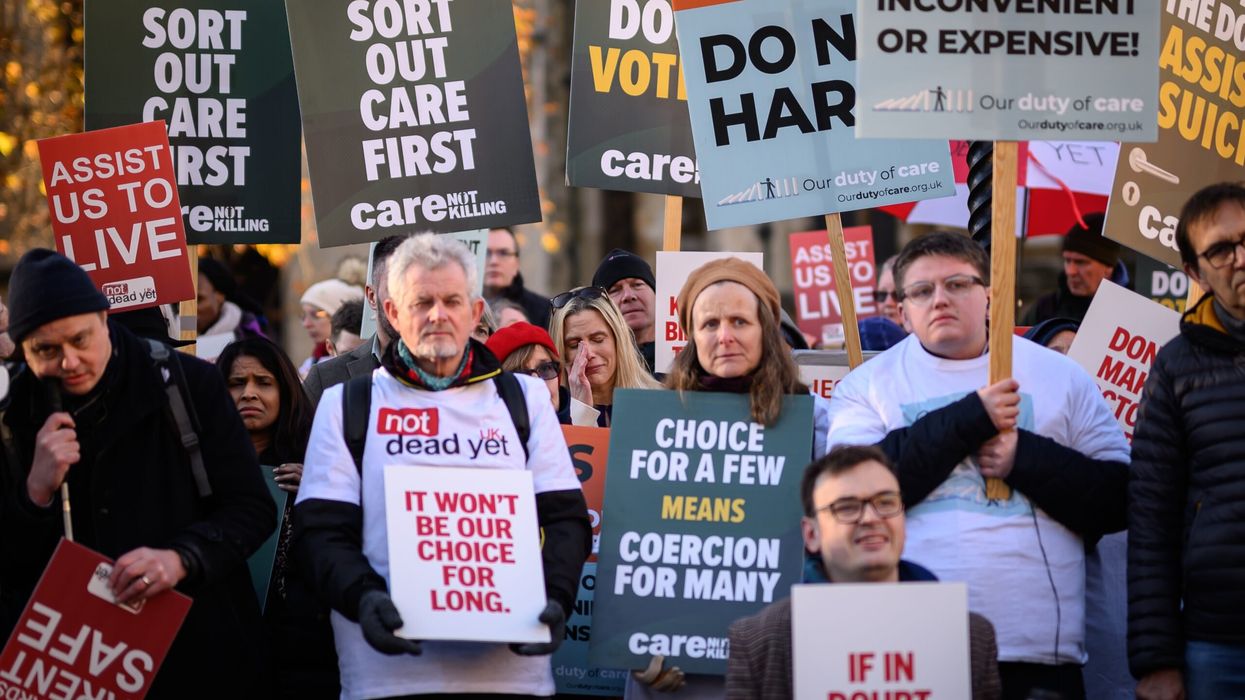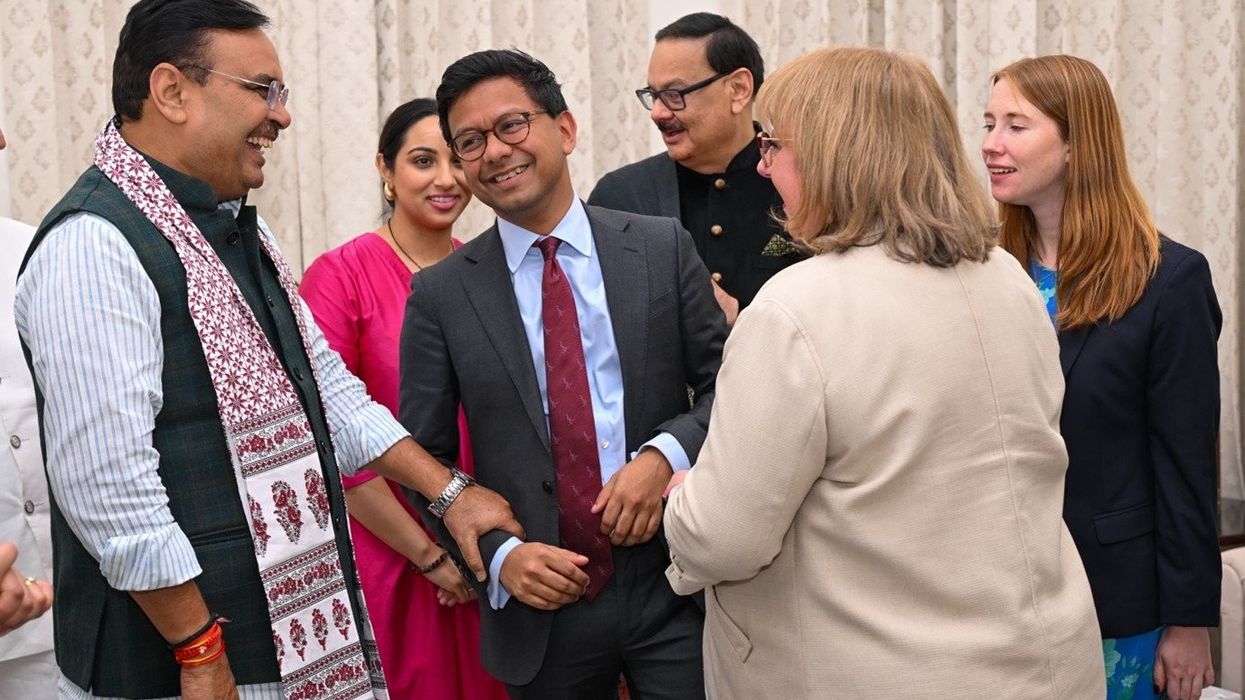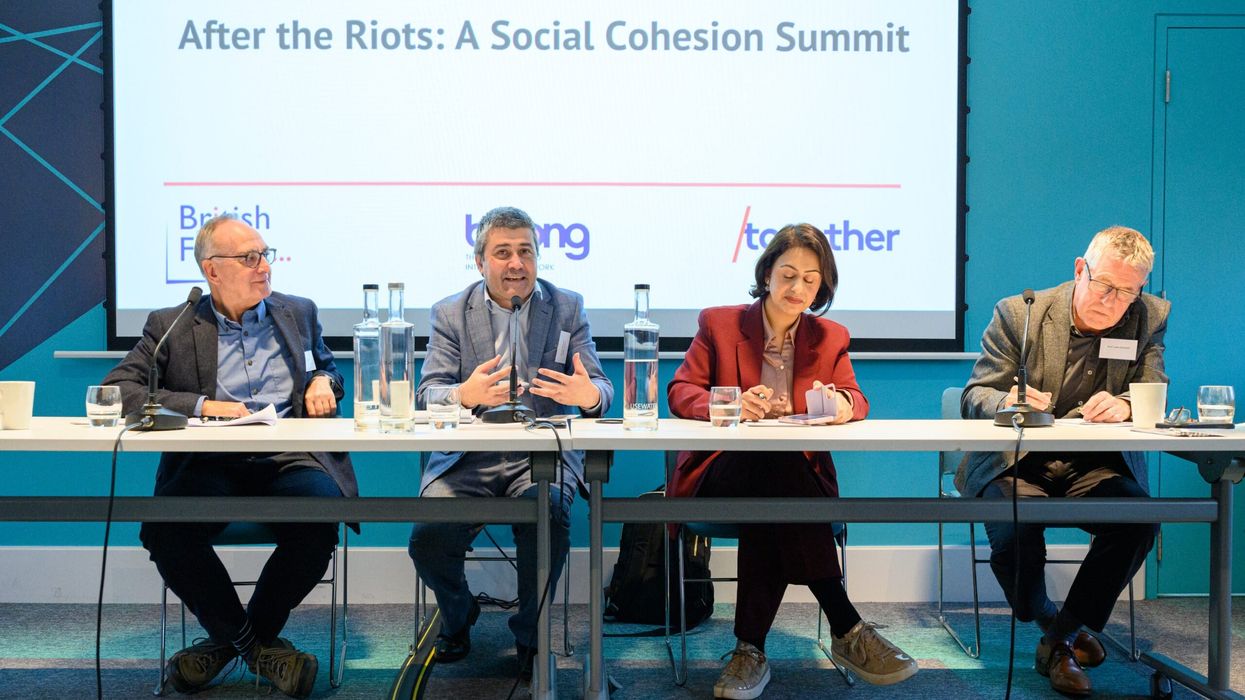THOUSANDS of people will head from the UK to Gujarat this October to enjoy the ICC Cricket World Cup; to celebrate Navratri and Diwali and for business, leisure and family visits.
Without a rapid change in the attitude of some of our biggest airlines, for many the journey to and from Gujarat will be more expensive, longer and more painful than it need be.
At the moment, there are a just a handful of direct flights to Ahmedabad in Gujarat from Gatwick per week. Travelling to Ahmedabad can take longer than to Delhi, with many passengers having to take time-consuming and costly journeys to Gatwick or having to take similarly time-consuming and costly transfers from India’s biggest cities via internal flights to get to Gujarat.
What is needed from the aviation industry is a new approach to their potential customers within the British Gujarati and wider British Indian community, that recognises the growing Indian appetite for air travel and crucially, that Britain’s almost one million strong Gujarati community is not well served for flight options direct to Ahmedabad and other Gujarat destinations. Whitehall, airport operators and the Civil Aviation Authority should encourage new thinking by the airlines on India.
India is already the third largest market for air travellers, significant growth in business travel to and from India is expected and it is set to become an even more crucial export market which Britain needs to prioritise to help rebuild growth in our country. If a trade deal with India is completed, interest in business and freight travel to India will only grow further.

Ministers need to take a proper look at the outdated Air Services Agreement between Britain and India. Why on earth is there such a low cap on the number of flights to Gujarat each week? Why aren’t we doing more to encourage freight exports to India and why aren’t we more competitive on flight transfer visa costs? If, as a country, we want to help businesses win new orders from India then we need to make sure the aviation industry is supporting those ambitions.
The cricket world cup in India, starting in October, is a big opportunity for airlines to rethink their approach to the growing demand for flights to Gujarat and wider India. The biggest matches of the Cricket World Cup will take place in Gujarat beginning on October 5, with the opening match between England and New Zealand; both finalists at the last World Cup.
Six weeks later, on November 19, the final takes place in Ahmedabad. In between, there are two other huge matches; on October 15, when India plays Pakistan, while England’s clash with Australia on November 4 also takes place in Ahmedabad.
Direct flights from Heathrow to Gujarat took a long time to get agreement. A huge effort across the Gujarati community eventually secured a deal for direct flights, but there was huge disappointment earlier this year when it was announced these flights were being switched from Heathrow to Gatwick; much further away from the parts of the capital where London’s Gujarati community are at their strongest. There is disappointment too from Gujaratis and other parts of the Indian community that there isn’t better connectivity to India from airports outside London.
In September, temporarily unused slots at Heathrow will be put up for auction for use over the six months from October to the end of March. The airlines could take this opportunity to recognise the immediate draw of the Cricket World Cup as well as the long-term potential increased demand for direct, good quality, lower cost flights to India and particularly to Gujarat.
It is surprising that major British and other international carriers such as British Airways and Virgin have shown no interest so far in direct flights to Ahmedabad. It’s time the air bridge between Gujarat and the UK was modernised; it’s time for change.




















Gujarat-Britain air bridge must be modernised, says MP